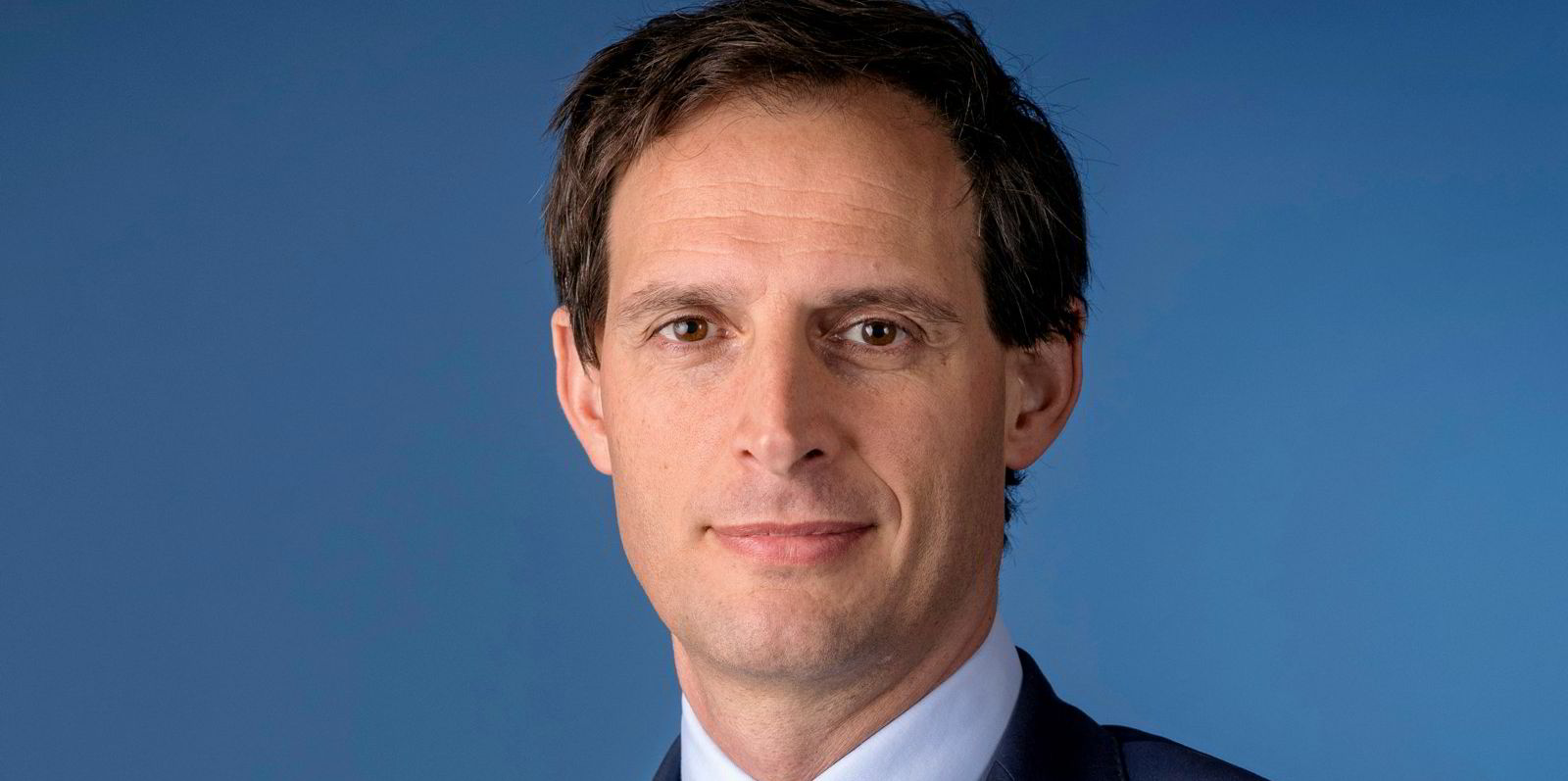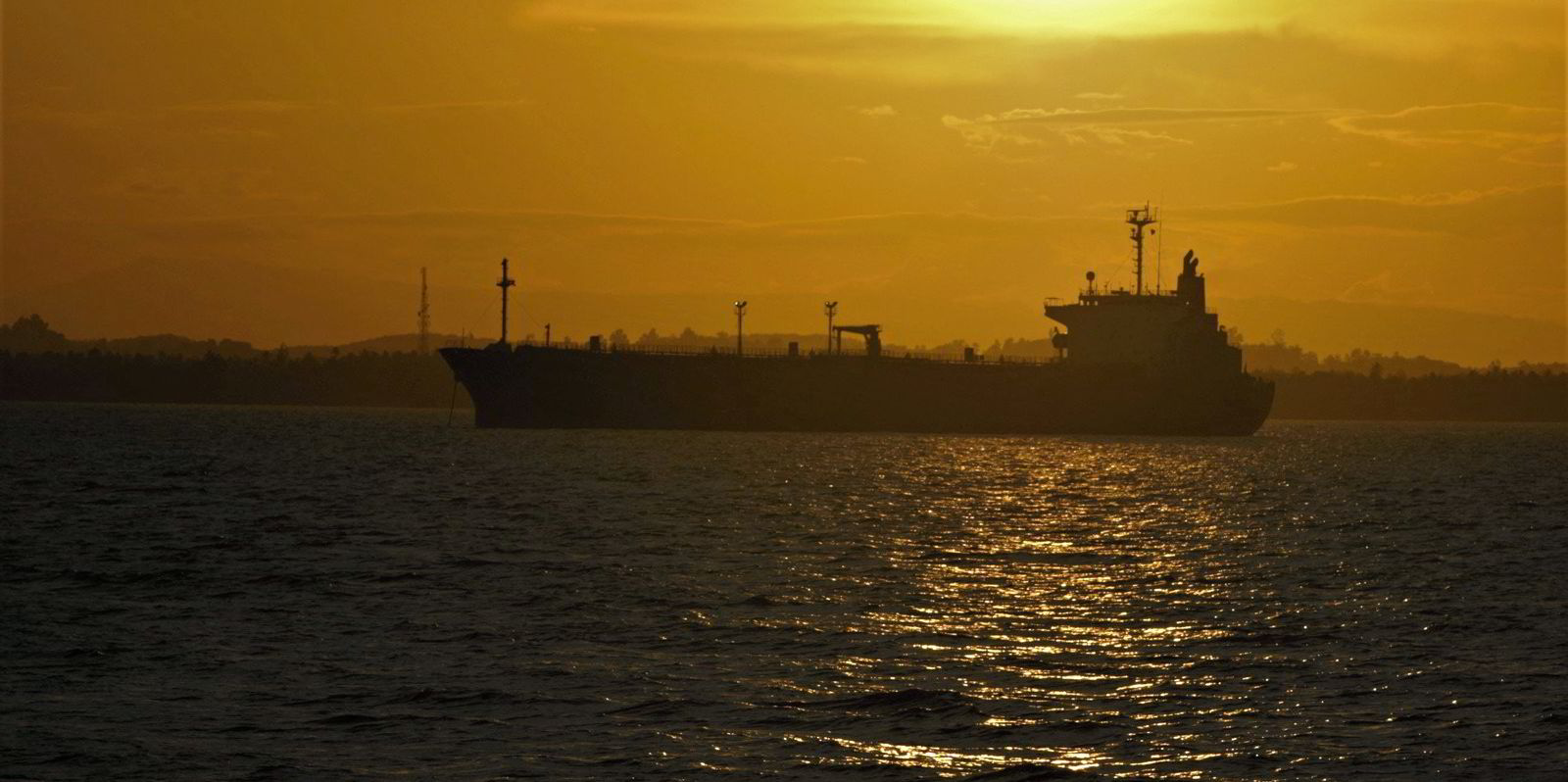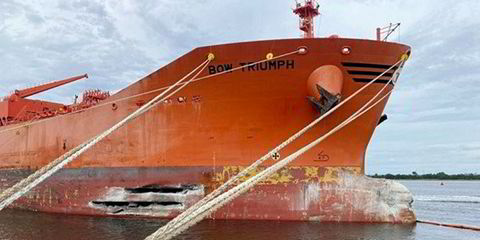European sanctions imposed on Russia are being evaded on a massive scale, the Dutch foreign minister said.
Wopke Hoekstra said the European Union needed to set up a Brussels-based sanctions-busting unit to crack down on evaders by naming, shaming and prosecuting.
He said a chief of a non-EU intelligence agency told him that European sanctions are “hurting the Russians like hell”.
“That’s good news, but at the same time sanctions are being evaded on a massive scale,” he said in a speech.
“We currently have too little capacity in the EU to analyse, coordinate and promote new sanctions. So we simply have to step up our efforts.”
His comments on Monday came as the EU was discussing a tenth round of sanctions against Russia to coincide with the anniversary of its invasion of Ukraine.
Previous measures have included a ban on Russian oil imports and an oil cap, which sparked disagreements within the 27-nation bloc.
Members with vital shipping interests, including Malta, Cyprus and Greece, have pushed to ensure their industries have not been hit hard by the regimes and the cap that has restricted European shipping from hauling Russian oil.
But Hoekstra, speaking at the College of Bruges alongside the EU’s former foreign policy chief Federica Mogherini, called for qualified majority voting for sanctions that would limit the power of smaller nations. Sanctions rules currently have to be agreed unanimously.
“What we have to do now is create the ability to translate our economic capacity into geopolitical leverage,” said Hoekstra.
“That is why the Netherlands is so convinced we need to move to qualified majority voting in the areas of sanctions, human rights and civilian EU missions.”
The move has been previously mooted by senior EU officials and leaders. German Chancellor Olaf Scholz made the same plea in August.
But smaller countries are unlikely to back the changes as it would limit their powers within the bloc.
Cyprus shipping supremo Vassilis Demetriades told TradeWinds last week that concessions agreed as part of sanctions discussions at senior EU level had yet to be acted on.
“We will not stop fighting to ensure that EU shipping remains competitive,” he said.
Each member state has responsibility for enforcing sanctions breaches.
Experts have told TradeWinds that a lack of funding and political will to tackle sanctions breaches in some countries would limit the EU’s capacity to enforce its own rules.
Hoekstra said a new Brussels sanctions headquarters would establish a watch list of sectors and trade flows where there was a high risk of circumvention.
“The EU should bring down the full force of its collective economic strength and criminal justice systems on those who assist in sanctions evasion by naming, shaming, sanctioning and prosecuting them,” he said.





